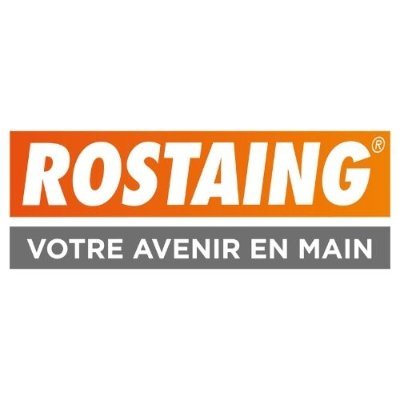Amazon’s defense
“This is standard retail practice”
Amazon argues that promoting its own brands is common practice in retail, no different from supermarkets pushing store-label products. A spokesperson stated:
“Like all retailers, we promote our own brands in our stores. They offer customers high-quality products at great
prices.”
However, critics argue that Amazon’s role as both platform and player gives it unfair control, especially when it sets rules that only it can bend.
Is Amazon scaling back its private-label business?
In 2023–2024, multiple reports suggested that Amazon may scale down some private-label operations. According to a report from Retail TouchPoints, Amazon has cut back hundreds of private-label SKUs, possibly in anticipation of tighter regulation or reputational risk.
Source : Retail TouchPoints – Amazon Scaling Back Private Labels







